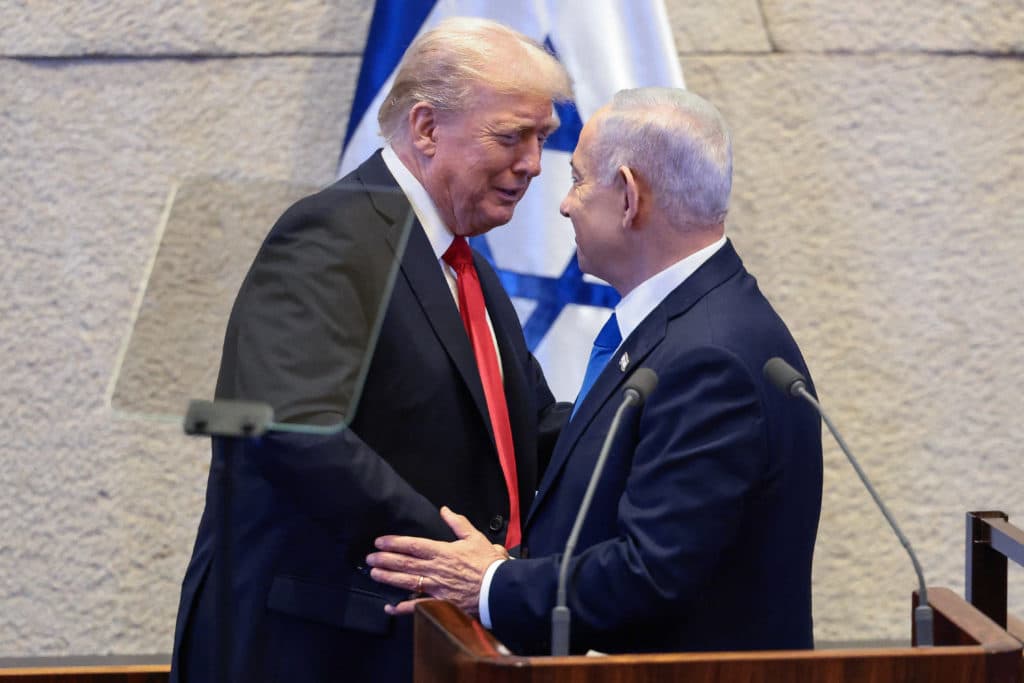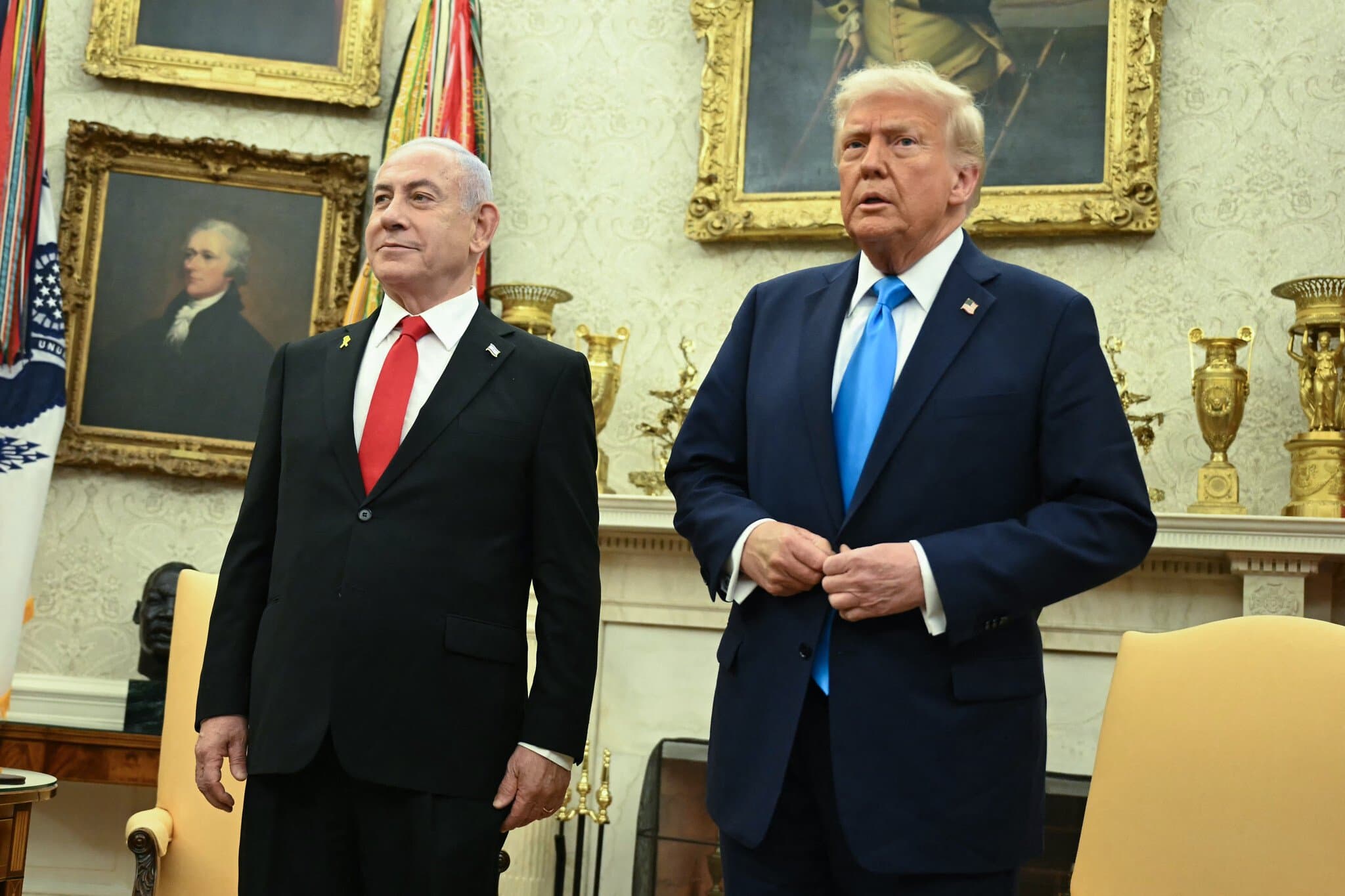Trump's Visit To Israel: Strategic Dialogue In Focus
In a surprise visit to Israel, U.S. President Donald Trump arrived on Monday to mark and amplify a recently negotiated ceasefire and hostage release deal between Israel and Hamas. His visit follows months of tense conflict in Gaza and aims to project U.S. leadership in brokering peace in the region. On his arrival, Trump was greeted by Israeli President Isaac Herzog and Prime Minister Benjamin Netanyahu, alongside a military band.
Netanyahu and Herzog were later set to present the American president with Israel’s Presidential Medal of Honor, the highest civil distinction in the country. Trump also received a standing ovation as Israeli leaders and families of released hostages thanked him for his mediation. In his address, Trump declared that the Gaza war was effectively over, saying his deal had opened the door to a “dawn of a new Middle East.” He called for continued Israeli commitment to the ceasefire and asserted that America stood alongside Israel in its vow never to forget and never again yield to terror.

Netanyahu, speaking beforehand, framed the conflict in existential terms: as a confrontation between civilization and barbarism. He lauded Trump’s role as “the greatest friend that the State of Israel has ever had in the White House.” According to sources present during a private session at the President’s Residence, Trump reportedly urged President Herzog to issue a preemptive pardon for Prime Minister Netanyahu for any potential war crimes investigations stemming from Israel’s past military actions in Gaza, Lebanon, and the West Bank.
“Bibi is a hero,” Trump allegedly said, referring to Netanyahu by his well-known nickname. “He did what he had to do. You should protect him. Give him the pardon now like I did for my people. Get ahead of it.” Neither the Israeli President’s Office nor Netanyahu’s spokesperson confirmed the remarks. A brief statement from Herzog's office merely noted that "President Herzog meets with global leaders regularly and discusses a range of diplomatic and national security matters." Trump’s team has not commented directly on the pardon request but issued a general statement claiming the visit was part of the former president’s efforts to “rebuild strong, principled leadership across the free world.”

International human rights organizations, including Human Rights Watch and Amnesty International, have long called for investigations into Israel’s conduct in conflicts with Hamas and Hezbollah, citing civilian casualties and disproportionate force. Netanyahu and his allies have dismissed those accusations as politically motivated and anti-Israel. Political analysts say Trump’s request, whether symbolic or strategic, is another example of his personalized approach to diplomacy and his ongoing efforts to position himself as a global defender of embattled nationalist leaders.
As Trump continues to hint at a return to the U.S. presidency in 2028, his alignment with Netanyahu, himself under pressure from domestic protests and international scrutiny signals a continued partnership rooted in mutual loyalty and a shared populist brand.
